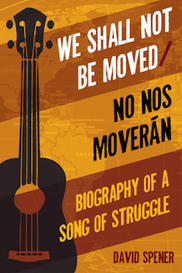Chapter 4. From Union Song to Freedom Song: Civil Rights Activists Sing an Old Tune for a New Cause
Scroll down for audio, video, images and information to supplement your reading of Chapter 4 of We Shall Not Be Moved/No nos moverán: Biography of a Song of Struggle.
Audio of the Freedom Singers' performance of “We Shall Not Be Moved” at the March on Washington.
Video of the Freedom Singer' performance of “We Shall Not Be Moved” at the March on Washington. Performance begins at 7:34.
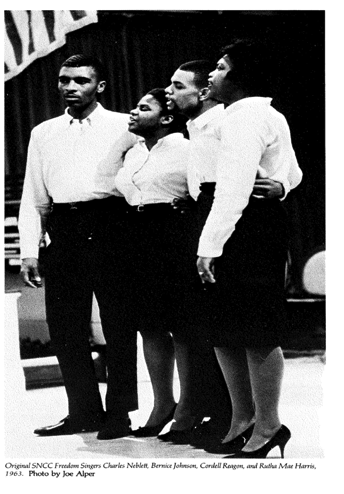
The Freedom Singers, 1963.
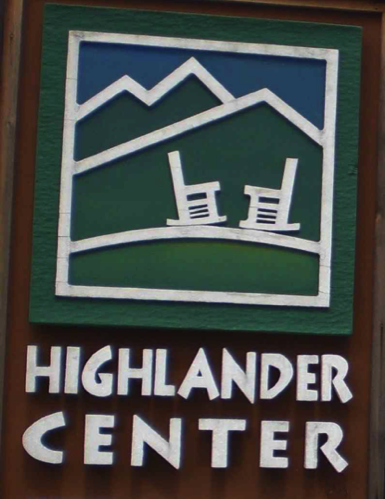
The Highlander Center went on to play just as important a role in promoting social justice singing in the African American civil rights movement in the 1950s and 1960s as it had during the labor union movement in the 1930s and 1940s. Click the image to learn more about this organization.
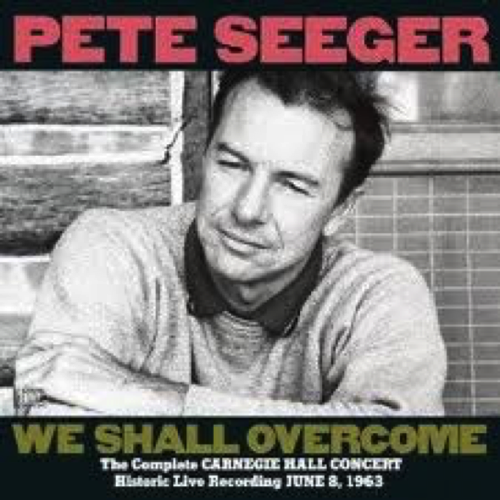
Pete Seeger learned “We Will Overcome” from Zilphia Horton at Highlander and is credited with the minor lyrical change to “We Shall Overcome.” The song would become the principal anthem of the modern African American civil rights movement.
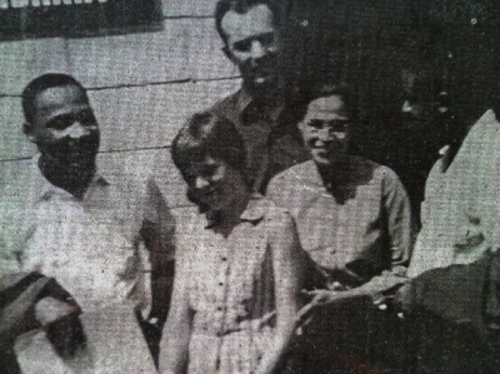
Martin Luther King, Candy Carawan, Pete Seeger, Rosa Parks, and Ralph Abernathy at the Highlander Center in the 1950s.
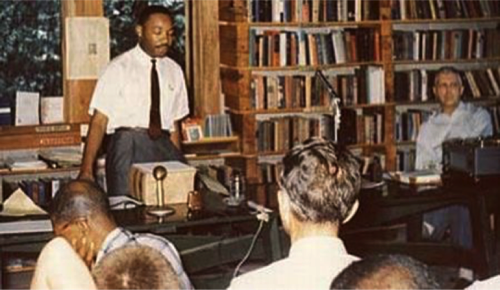
The Reverend Martin Luther King, Jr. visiting Highlander following the successful Montgomery bus boycott.
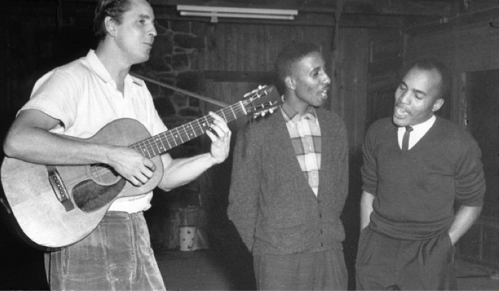
Guy Carawan became the musical director of Highlander following the untimely death of Zilphia Horton. Carawan conducted song workshops with members of the Student Nonviolent Coordinating Committee in which the song “We Shall Not Be Moved” was incorporated into the civil rights movement’s canon of “freedom songs.” Carawan is playing the guitar in this photo. SNCC members Bernard Lafayette and James Bevel sing at his side.

Pete Seeger participated in the famous civil rights march from Selma to Montgomery and wrote an article for the magazine Broadside in which he reported on the songs sung by marchers.
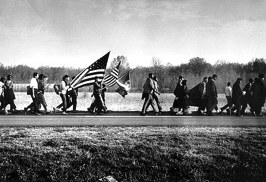
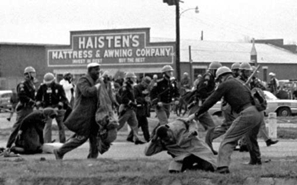
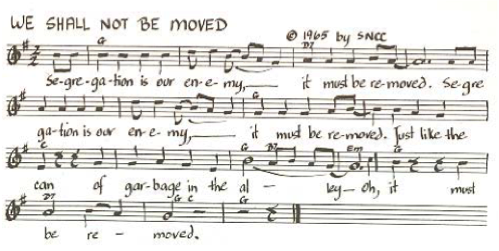
Seeger offered this version of “We Shall Not Be Moved” to Broadside readers.
